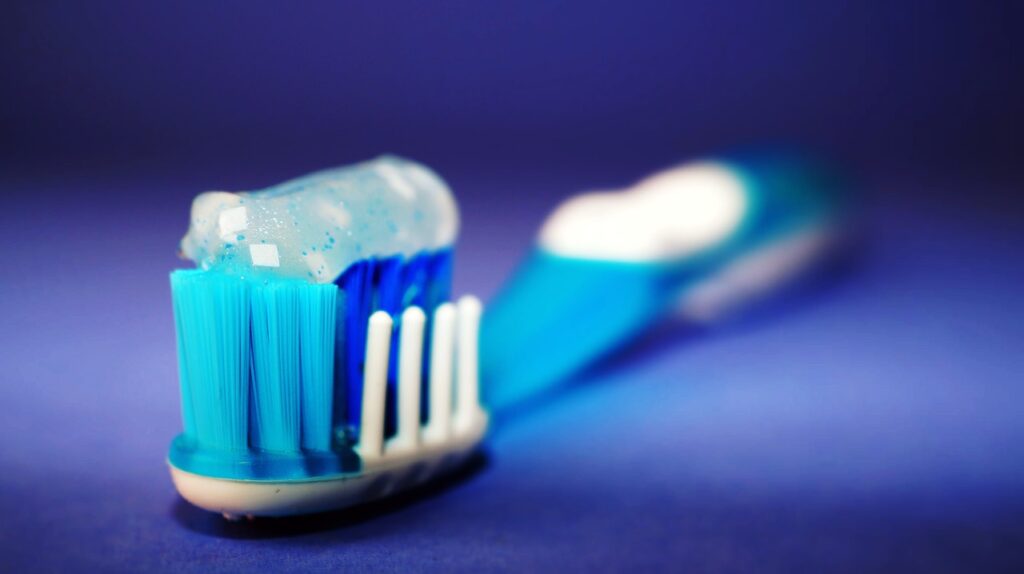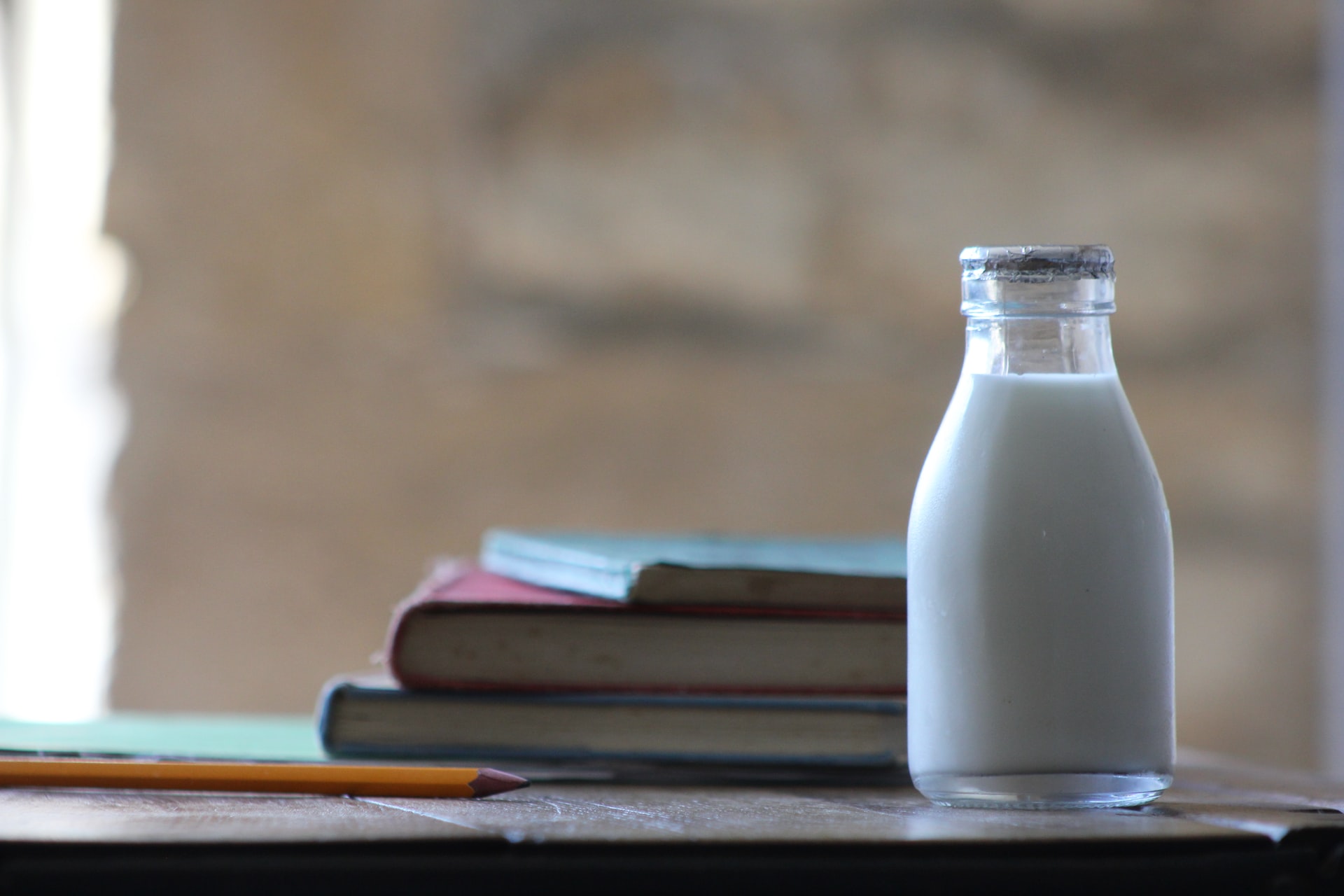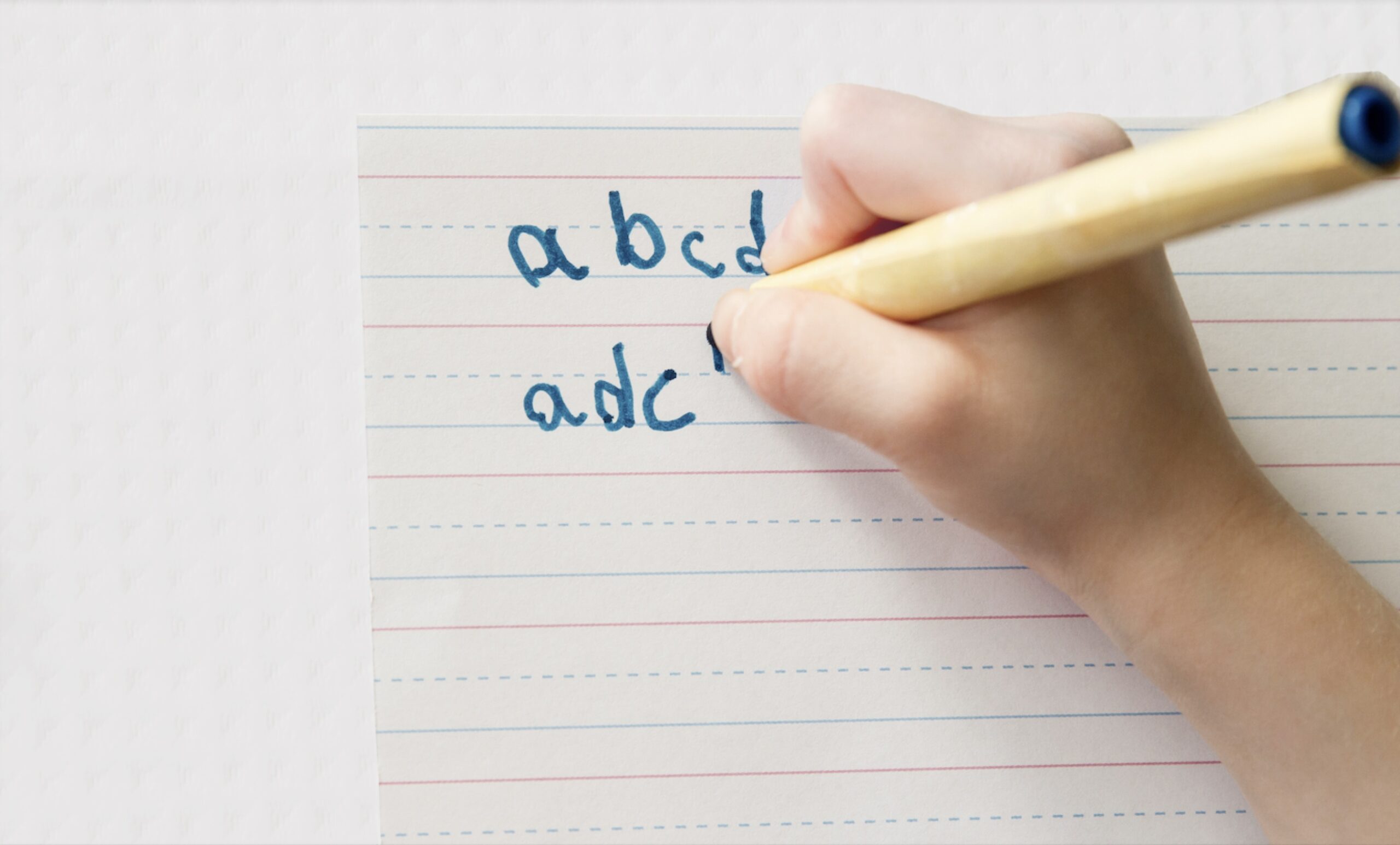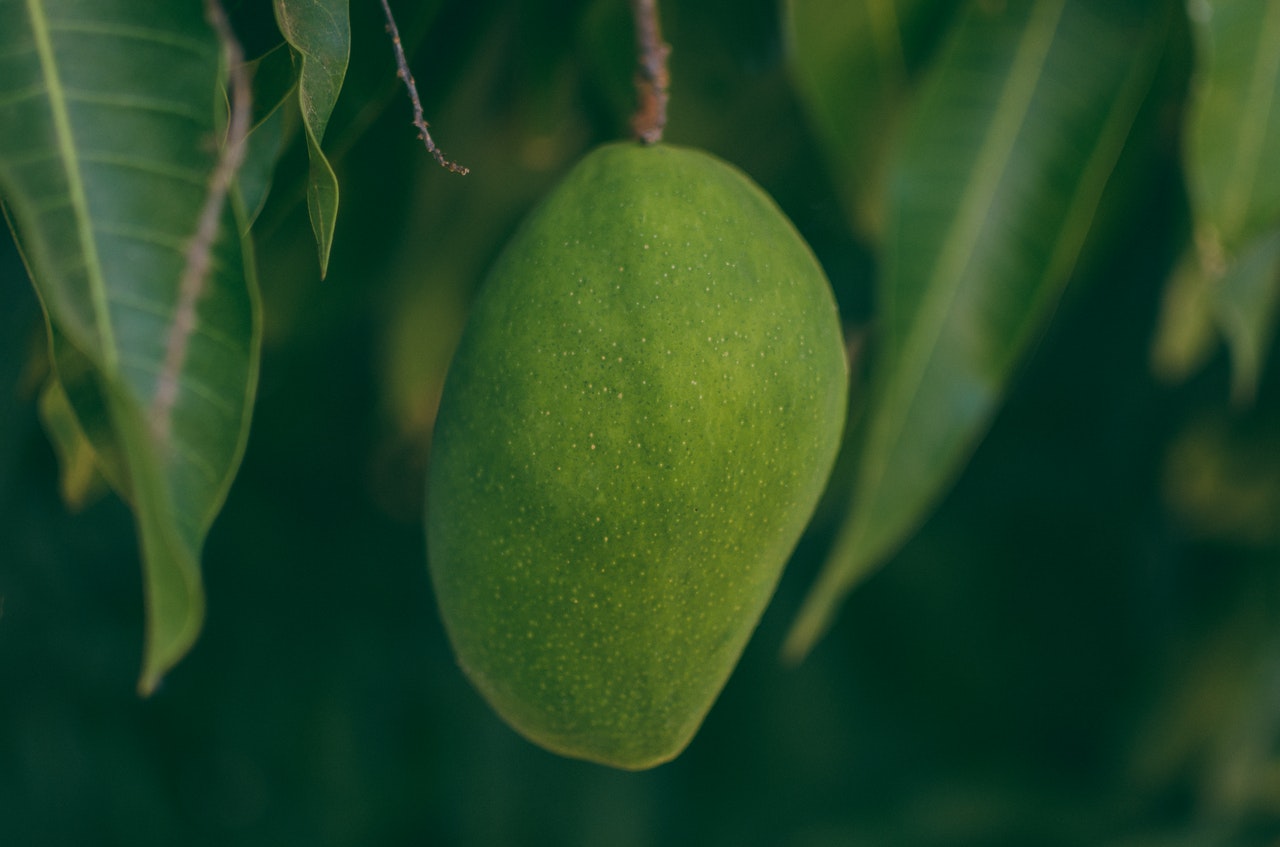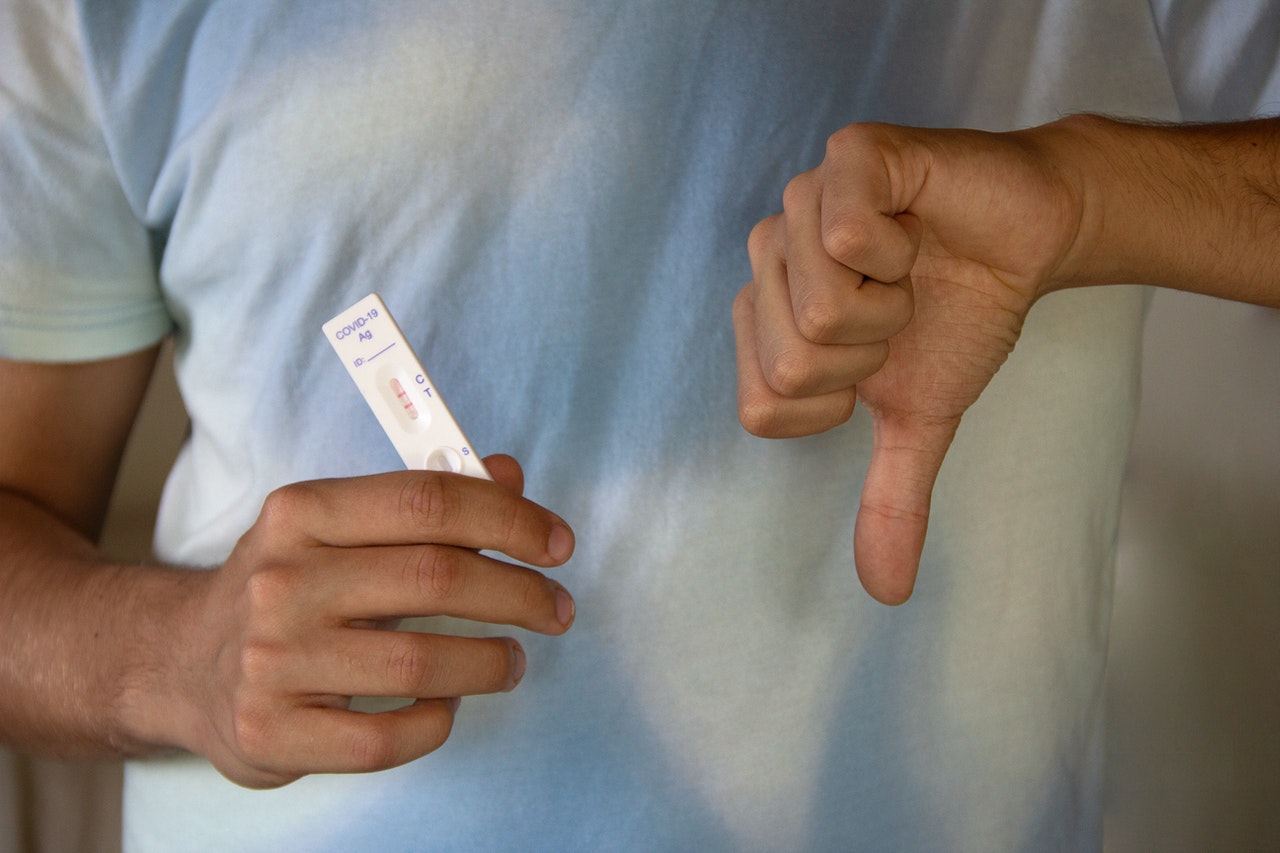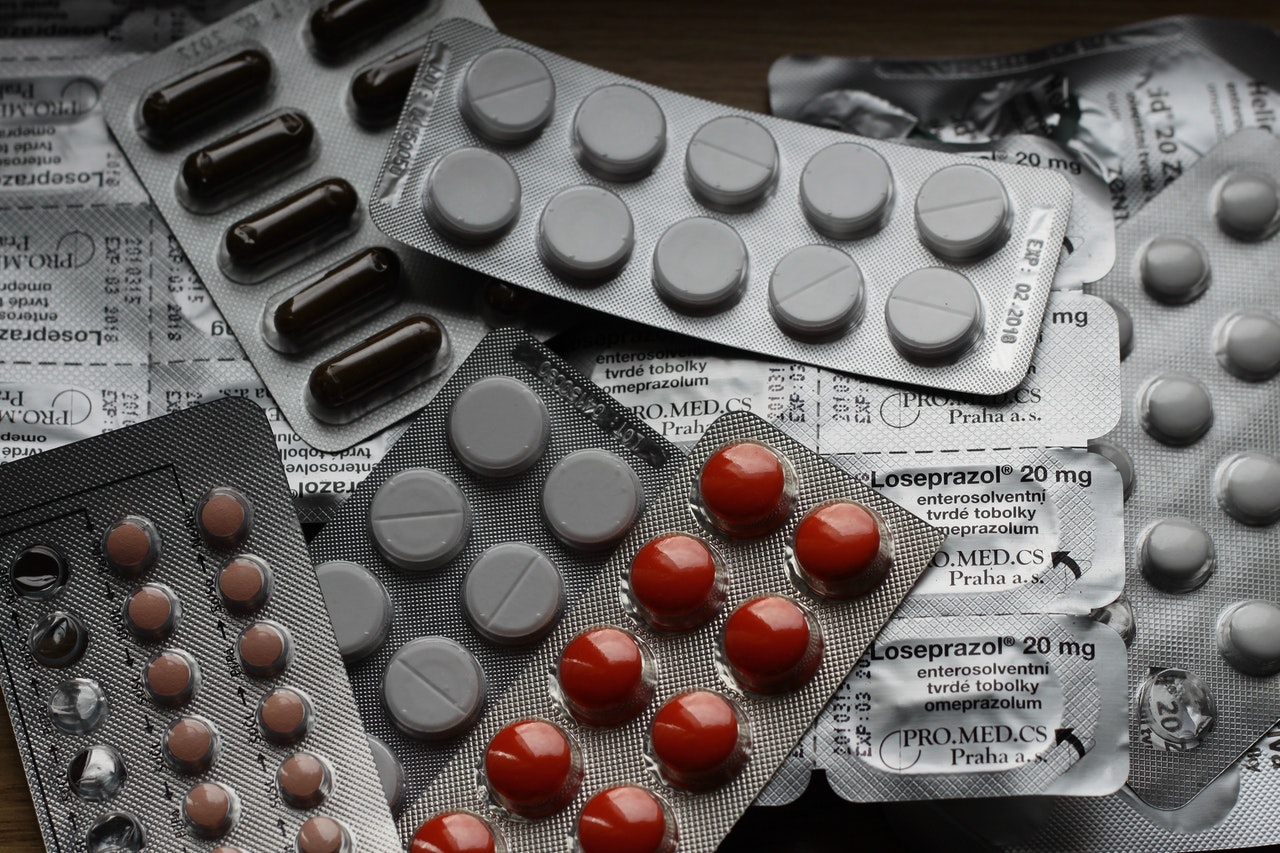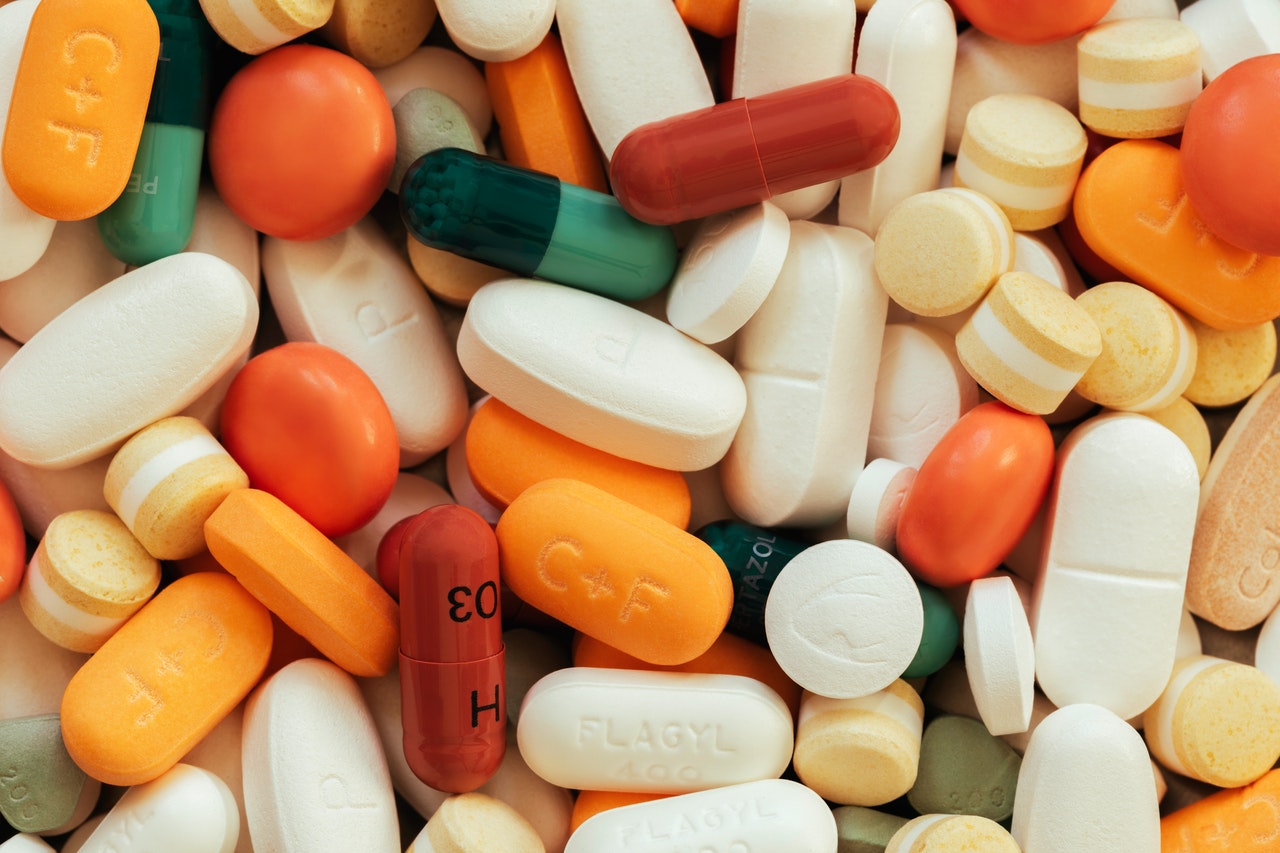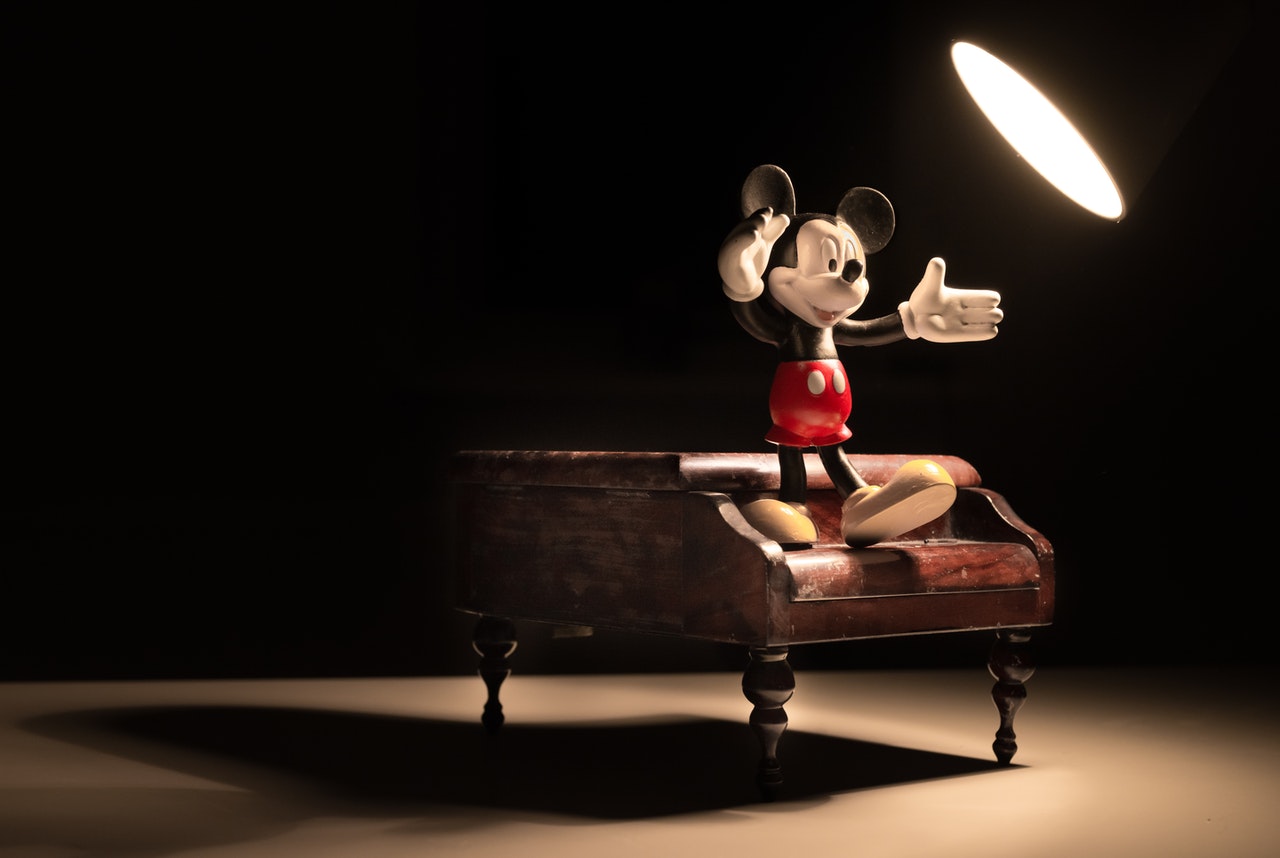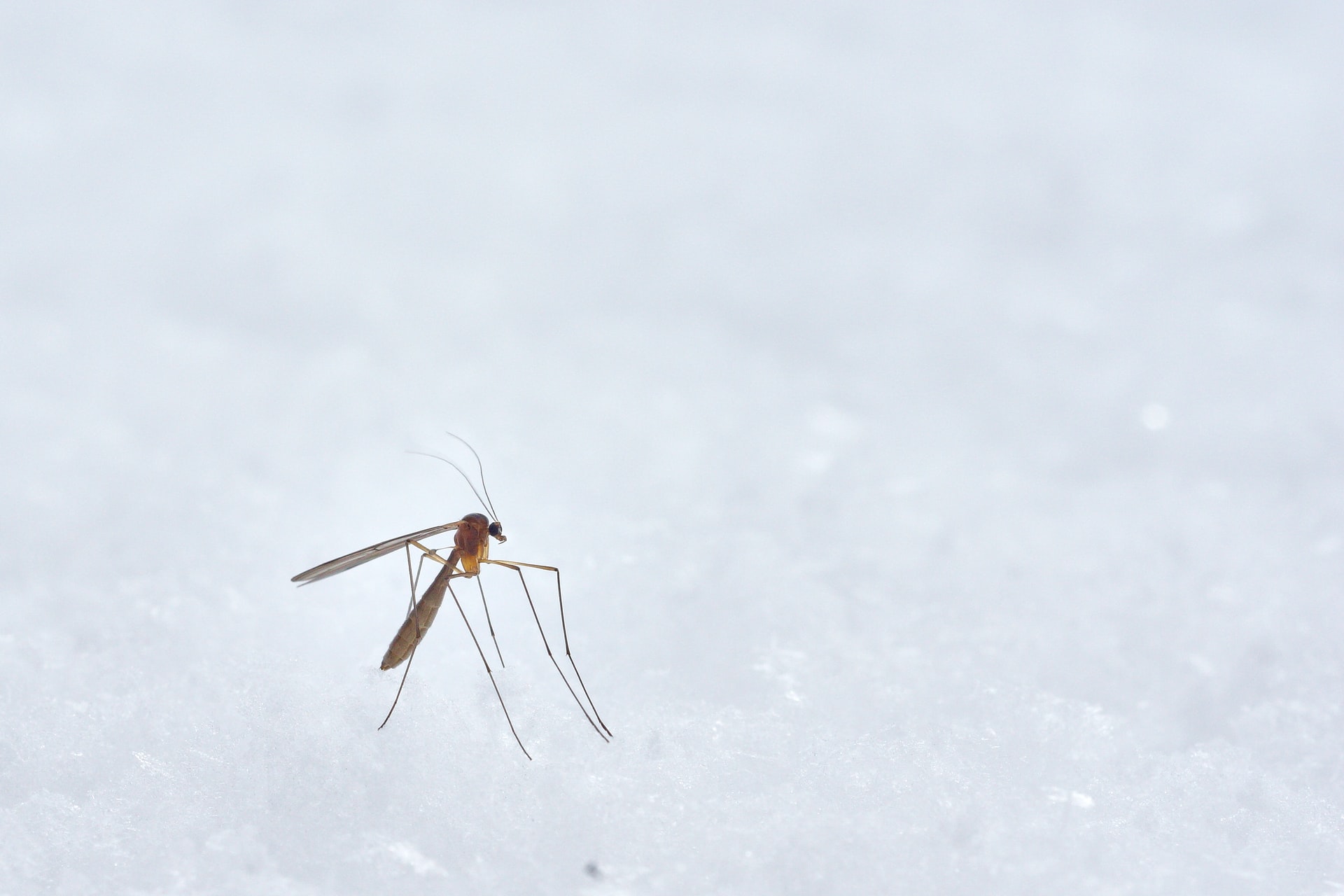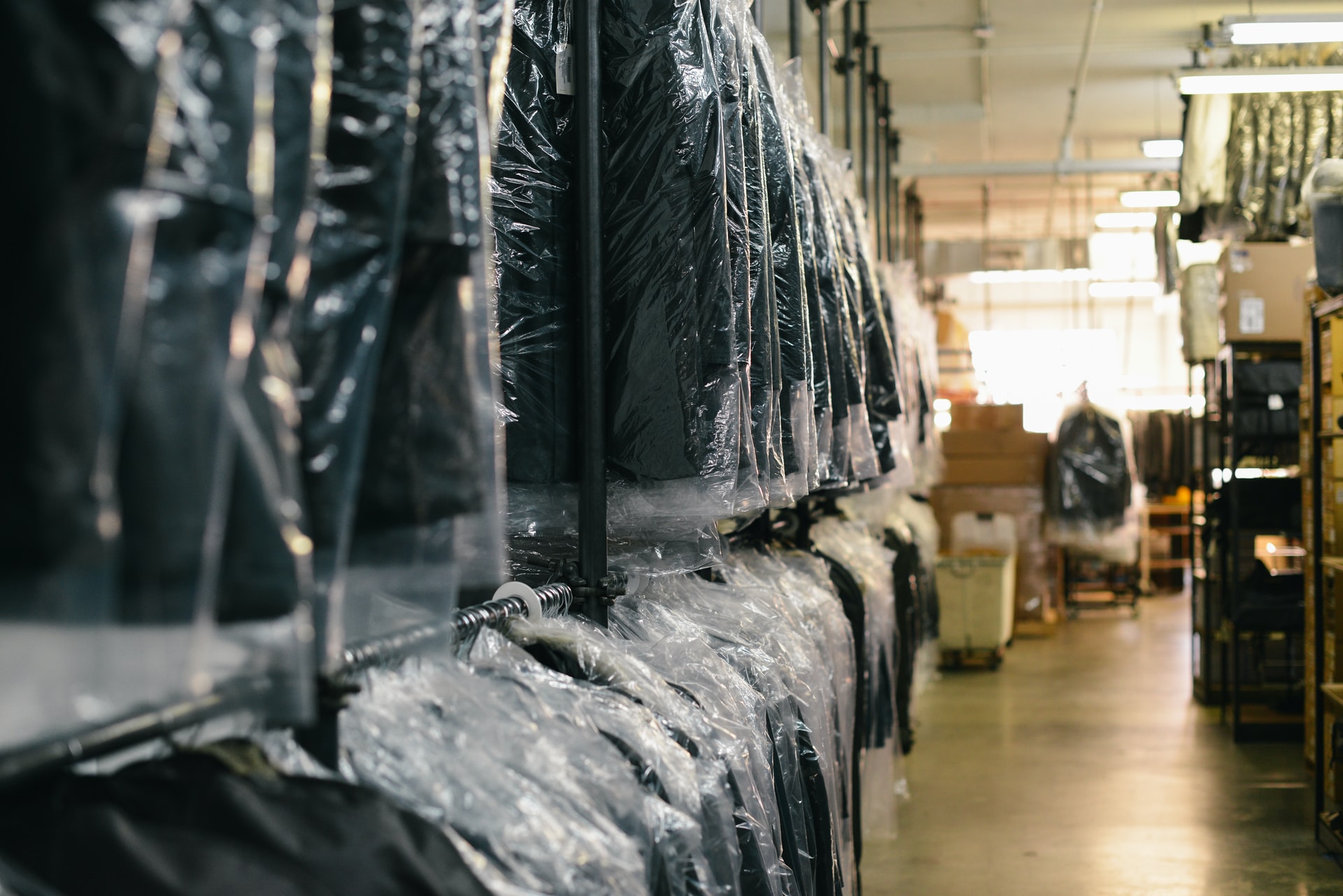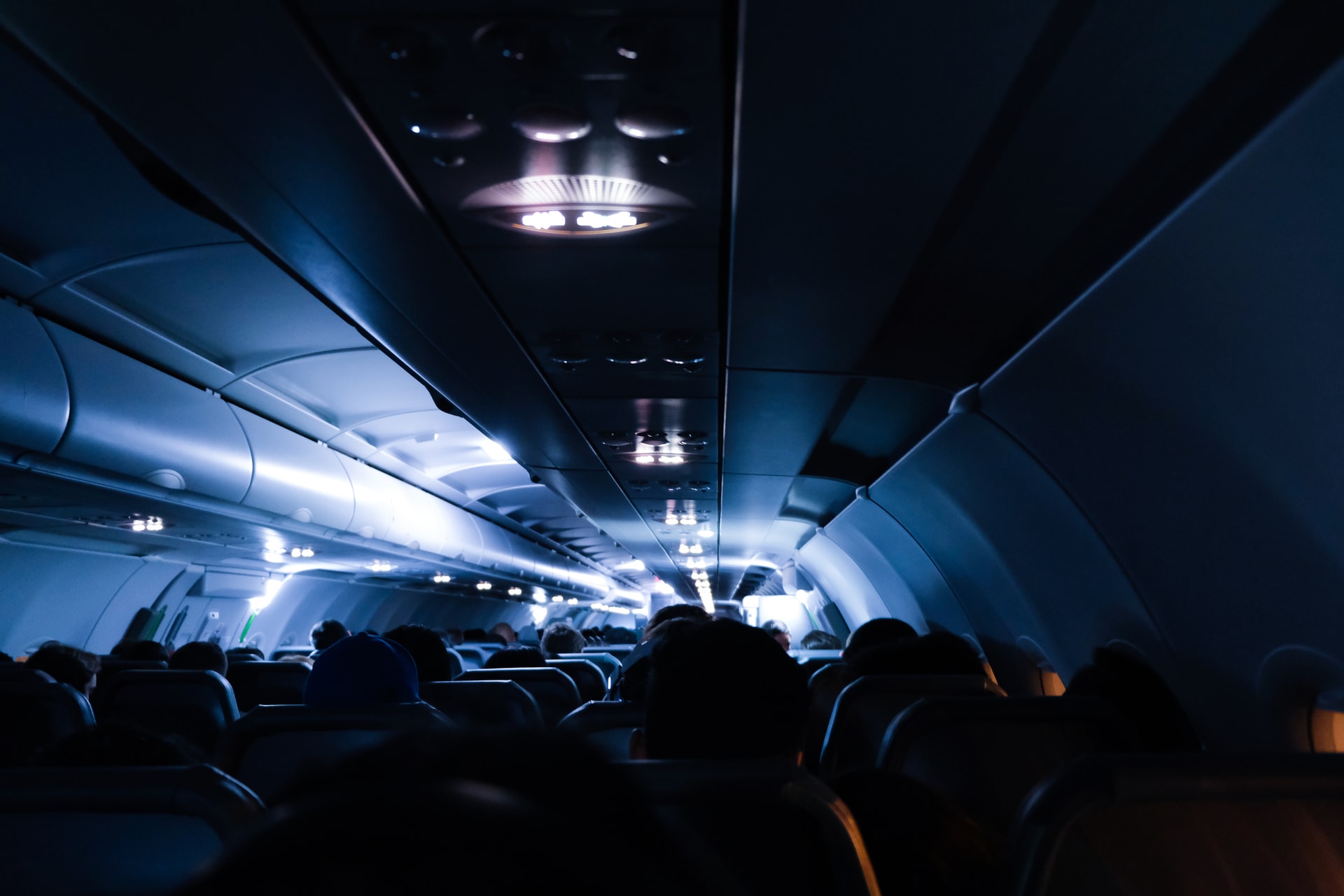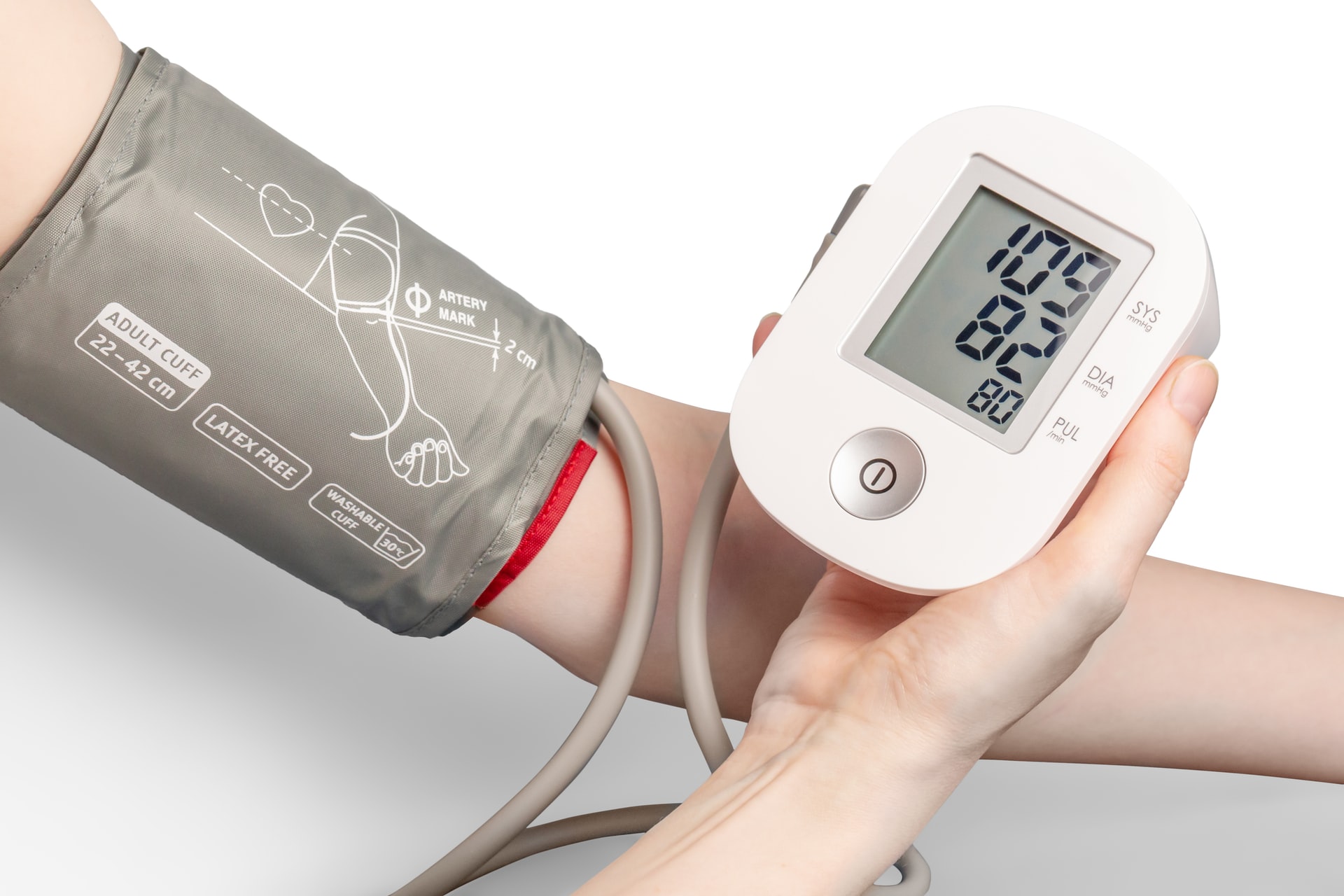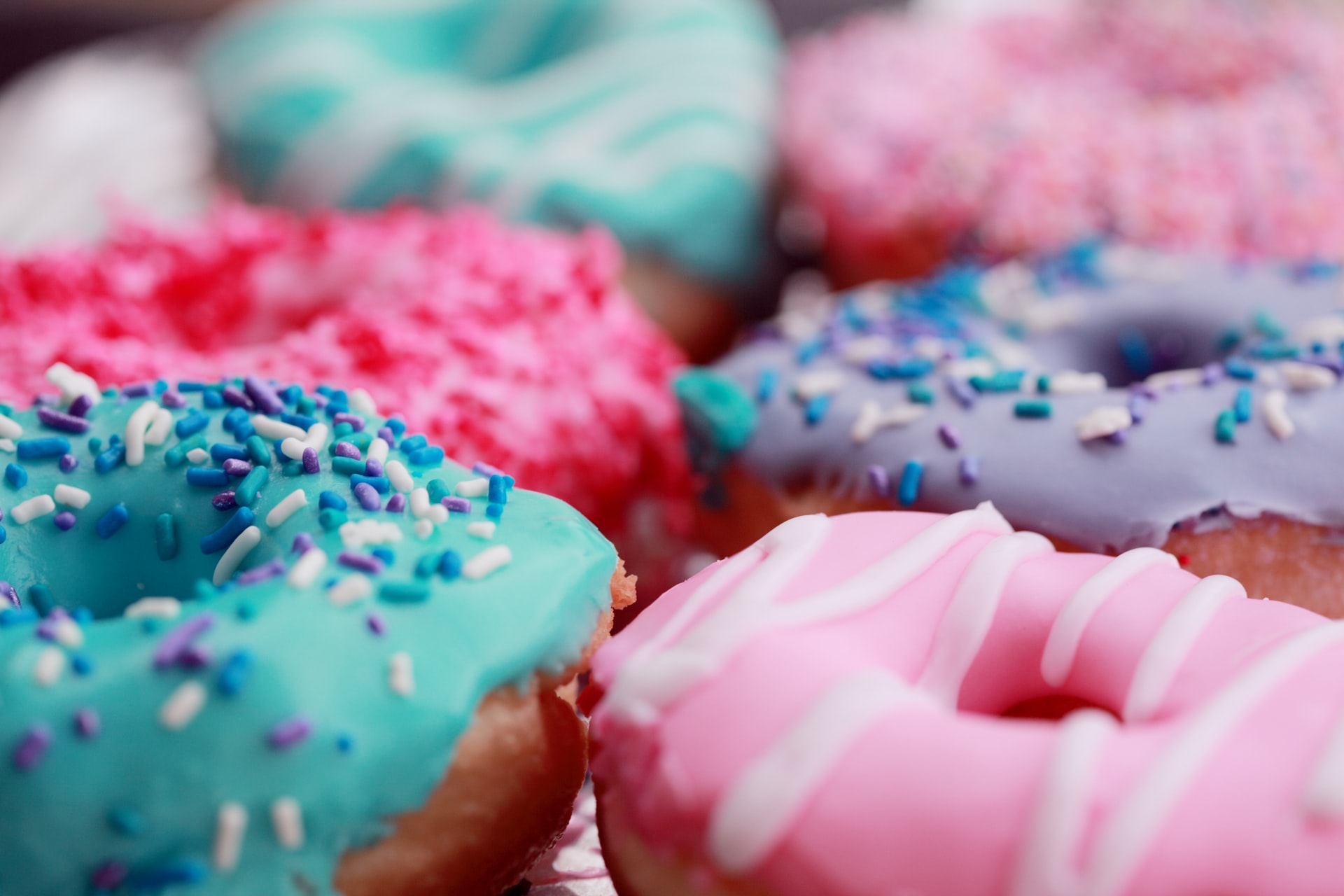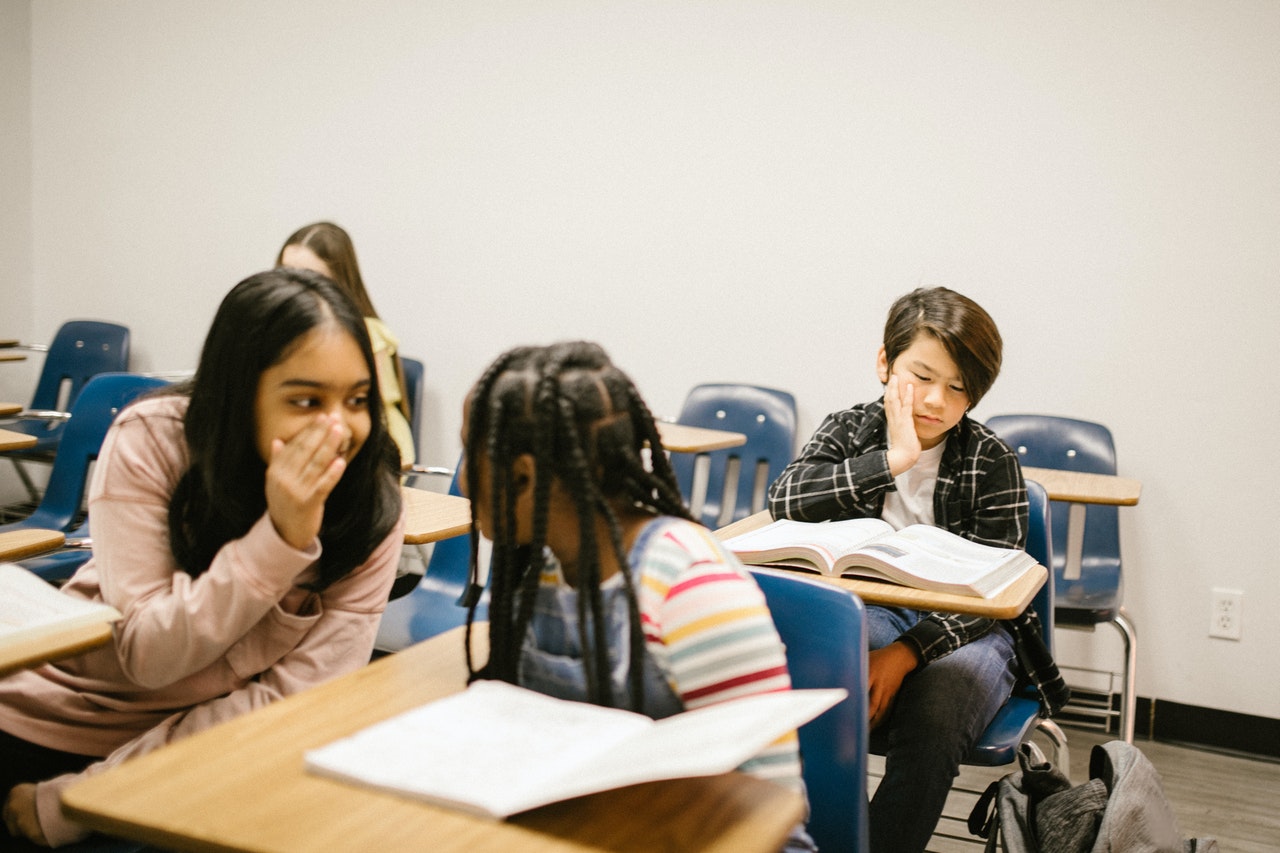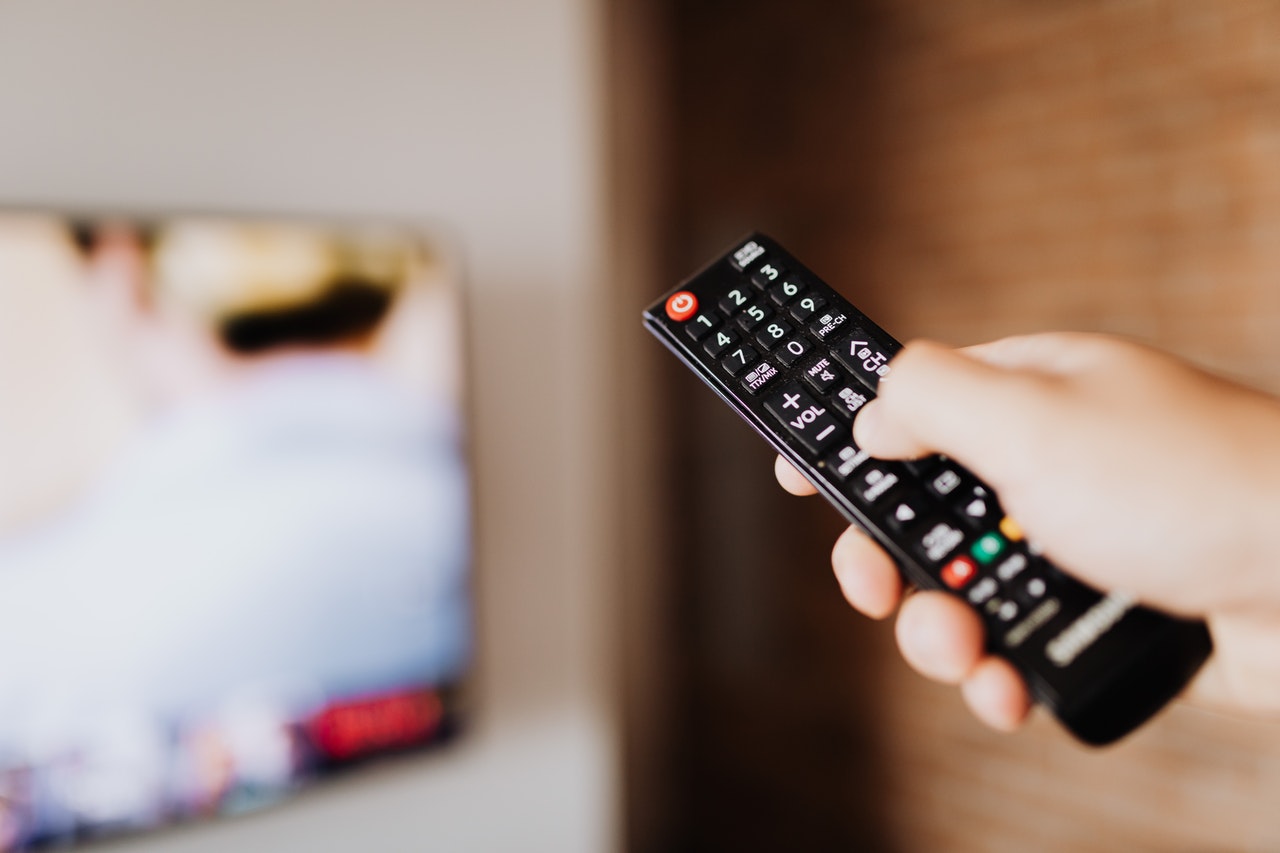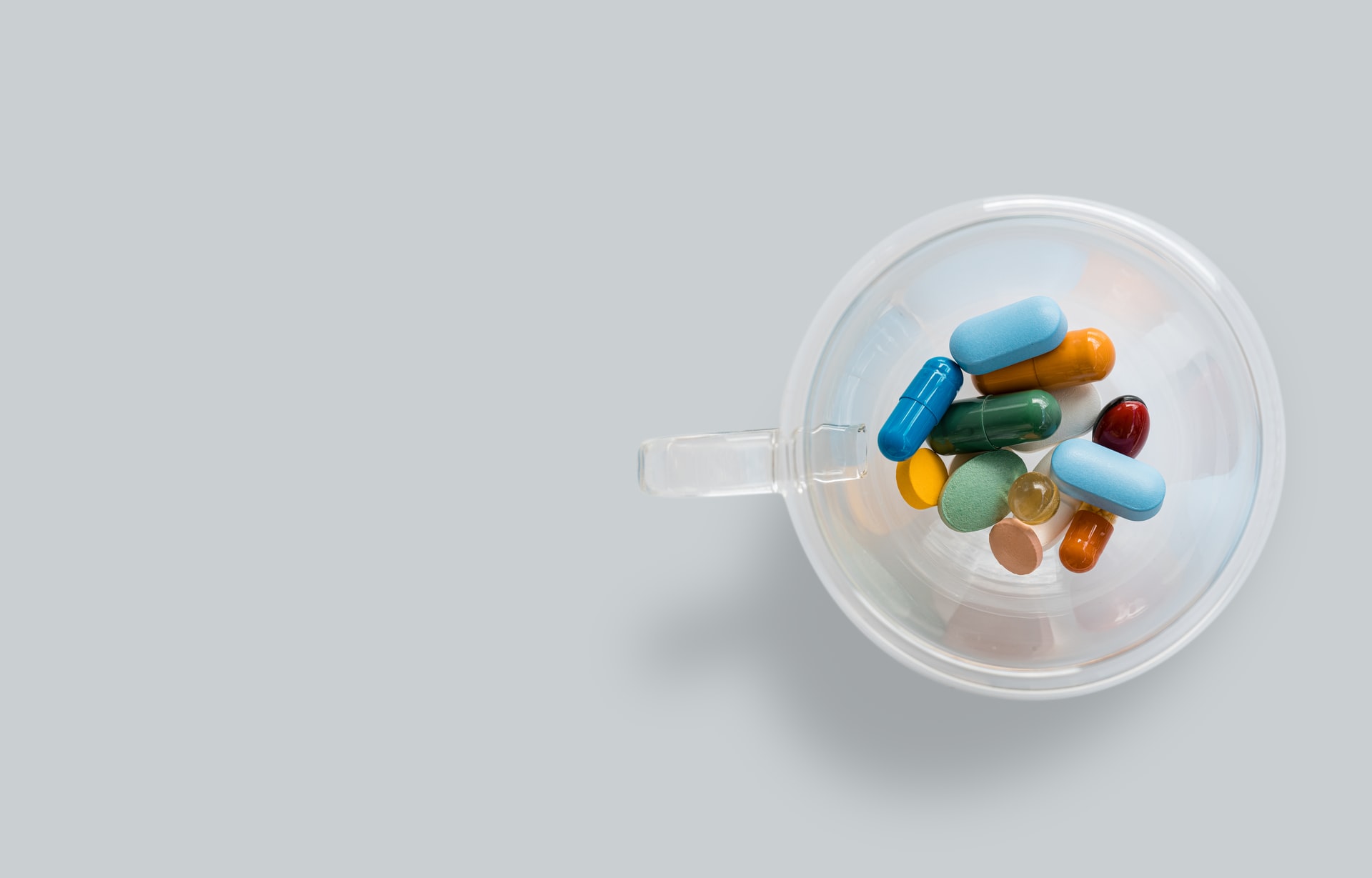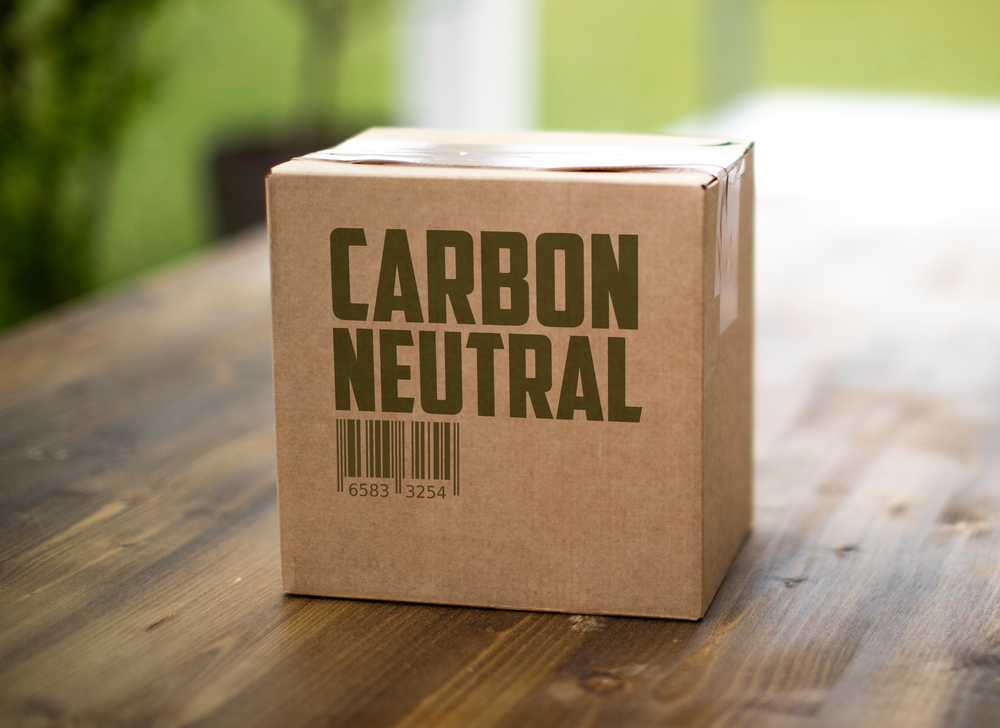Reading Time: < 1 minutes
- The surface of our tongue has four kinds of nodules, called papillae: fungiform, filiform, foliate, and circumvallate.
- Out of these four, only filiform doesn’t have any taste buds—they are meant to create a rough surface to facilitate the gripping of food and tongue cleansing.
- The remaining three papillae types contain taste buds, which contain taste receptors.
- After dissolving in our saliva, a part of the food comes in contact with taste receptors, which send information to an area in the brain (gustatory cortex) that identifies the taste.
- Different taste receptors are responsible for five different taste sensations: sweetness, sourness, saltiness, bitterness, or umami.
- And while humans enjoy different tastes, bitterness is something we have evolved to dislike.
- This is because toxic substances often taste bitter, and to survive, our ancestors avoided anything bitter as it could mean poison.
- But some bitter foods are essential for our body, e.g., fatty acids.
- Without fatty acids like alpha-linolenic acid (source: walnuts, canola), an omega-3 fatty acid (source: fish, nuts, seeds), and linoleic acid (source: soybean), an omega-6 fatty acid (source: corn, meat), we can’t survive.
- So that humans can consume these important-but-bitter substances without feeling overwhelmed, nature has gifted our tongues with phospholipids.
- Phospholipids are fatty substances that inhibit our taste receptors’ ability to experience bitterness.
- Now, when we brush our teeth, the toothpaste releases a foaming agent called SLS (Sodium Lauryl Sulphate—responsible for foaming in shampoos, detergents, etc., as well).
- The SLS destroys the phospholipids (they are replenished after some time), allowing the bitter taste to take over, resulting in the weird flavour we experience when we eat after brushing our teeth.
- The SLS has also been found to interfere with the functioning of the taste receptors responsible for sweetness sensing in humans.
- So, breaking down phospholipids and interfering with sweetness-sensing taste receptors are two ways toothpaste makes our food taste horrible.
Also Read:
Why does Vitamin K exist but not Vitamins F, G, H, I & J?
Image courtesy of George Becker through Pexels
Reference shelf :

